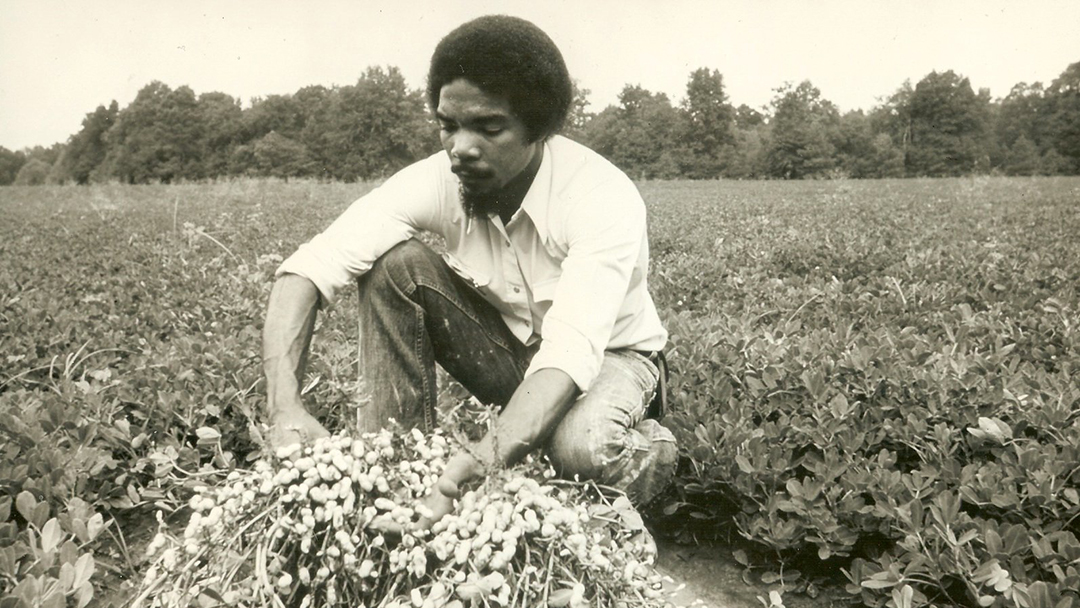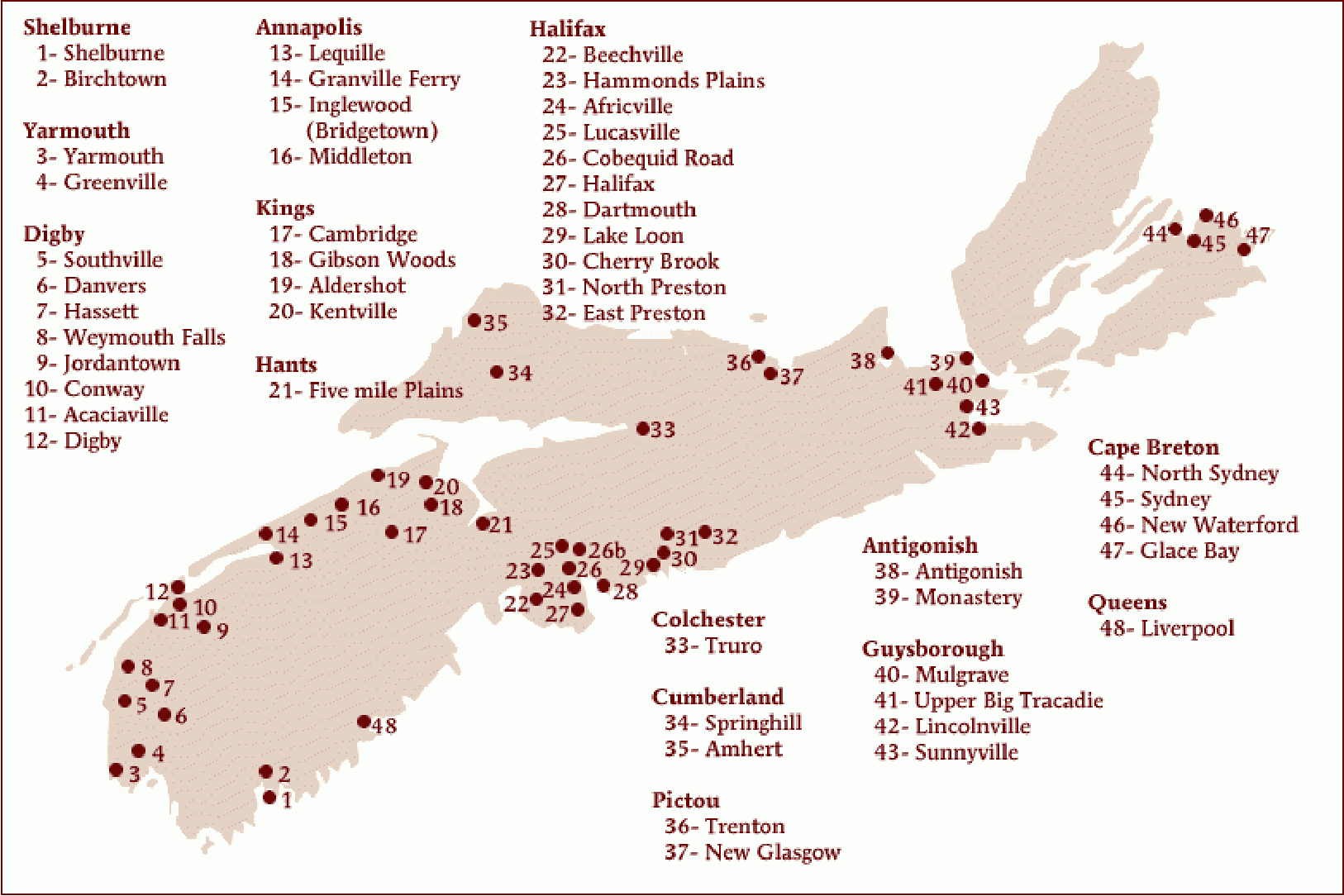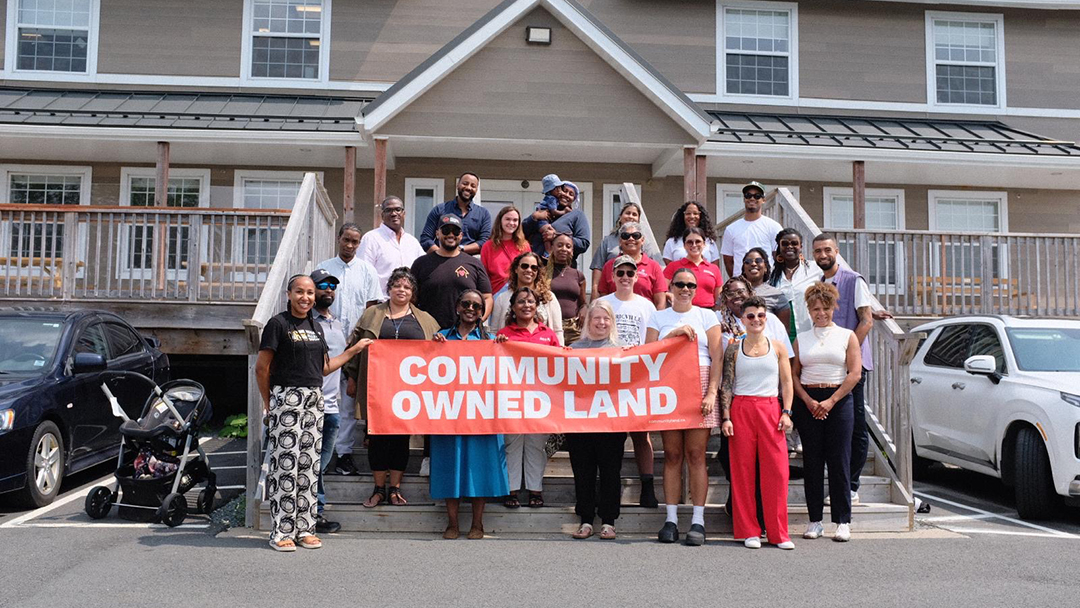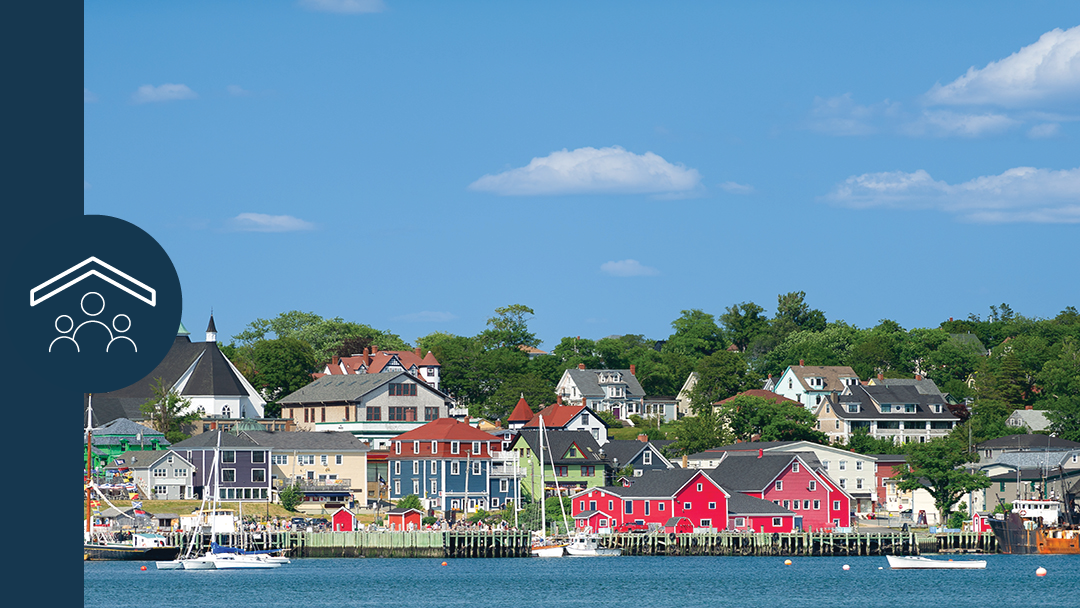For many Canadians, the housing system has served as a pathway to building generational wealth and ensuring financial security in retirement. However, in a housing market driven by speculation and financialization, many parents can no longer afford to leave their property as an inheritance, nor do their children have the buying power to become property owners.
The dream of achieving a better life through private ownership is more than ever inaccessible.
This has been the reality of marginalized groups like Black Canadians since a long time.
They were prevented from thriving because of racism and systemic barriers such as red lining, they sought resilience and strength through the support of their communities. Although modest progress in housing for Black communities has been observed lately, tools like community land trusts (CLT) have been developed and used for empowerment and for building generational wealth that stems from community.
The CLT model, if more widely adopted across Canadian society, could serve as a tool for change, improving the quality of life in rural and urban communities for low- and middle-income classes.
Community Land Trusts (CLTs) are non-profit, community-based organizations that acquire and manage land to ensure long-term affordability and community benefits. These trusts are designed to address housing affordability, preserve community spaces, and promote sustainable development.
There are currently 41 CLTs across Canada. Here is an overview of their locations:
Source CNCLT-Census-Report-2023-Executive-Summary.pdf (communityland.ca)
Community wealth as driver of generational wealth: Black-Led Community Land Trusts in Canada

©International Center for Communities Land Trusts
The barriers to building wealth among Black communities in Canada is deeply rooted in historical and systemic inequities. They have faced them for generations, from land dispossession in the past to ongoing discrimination in housing, employment, and education. These barriers have significantly limited their ability to accumulate wealth and pass it down through generations.
Community Land Trusts hold a significant place in Black history. The concept of modern-day CLTs originated from the Southern Civil Rights movement in the United States during the 1960s. It aimed to provide African American farmers and their families with greater economic and political independence, especially as they faced land loss due to voter registration efforts. New Communities, Inc. was the first Black-led CLT in the USA, set up by black farmers in Albany, Georgia.
Despite numerous challenges, including financial struggles and opposition, New Communities, Inc. successfully established a model for land ownership and community resilience. Their groundbreaking efforts laid the groundwork for the CLT movement, which has since expanded to support affordable housing and community development across the USA, Canada, and beyond.
By focusing on the needs and aspirations of Black communities, Black-led Community Land Trusts in Canada work to secure affordable housing, create vibrant commercial spaces, and foster economic empowerment.
These initiatives are part of a broader movement to reclaim land and resources, ensuring that Black communities can thrive and maintain their cultural heritage.
Through collective ownership and stewardship, Black-led CLTs are building resilient, self-sustaining communities that challenge traditional models of land use and development. They represent a powerful tool for social justice, enabling Black Canadians to take control of their futures and create lasting change.
There are currently Black-led CLTs in British-Columbia, Ontario, and Nova-Scotia.
The case of Nova-Scotia
More than 50 land-based African Nova Scotian communities were settled 200-400 years ago. Instead of receiving formal deeds to their land, many African Nova Scotians were given “tickets of location.” These tickets were essentially permissions to occupy the land but did not confer legal ownership.
Without formal deeds, many African Nova Scotians faced challenges in securing loans, passing property to descendants, and protecting their land from expropriation. This situation has led to prolonged economic and social instability in these communities.
The use of CLTs is a strategic approach to rectify historical injustices and secure the future of African Nova Scotian communities by providing them with the stability and legal recognition they have long been denied.

Source: Black Nova Scotia | St. Francis Xavier University (stfx.ca)
There are several Black-led CLTs in Nova-Scotia founded to protect and develop land for their Black community’s benefit:
- Upper Hammonds Plains Community Land Trust (Halifax)
- New Roots Community Land Trust (Halifax)
- DownTheMarsh Community Land Trust (Truro)
- Weymouth Falls Community Land Trust (Digby)
These trusts are part of a broader movement supported by the Canadian Network of Community Land Trusts, which highlights the importance of community governance and long-term affordability.
National gathering of Black Community Land Trusts
Last summer, a National gathering of Black Community Land Trusts took place in Halifax, NS. Participants reflected on the Liberated Land Tour, an international study tour where five Black-led Canadian Community Land Trusts visited like-minded organizations and met with elected officials in California, Minnesota, and Georgia, in May 2024.

The event highlighted the insights gained during the tour, as well as the efforts of Black-led CLTs across Canada in creating affordable housing and vibrant commercial spaces on community-owned land.
The learning themes emphasized integrating a reparative perspective into housing development and adopting an Afrocentric approach to community building.
RONDO Community Land Trust, based in Saint-Paul, Minnesota, is often used as a reference for Black-led CLTs, especially with their Right to Return approach, applied both to their residential and commercial programs. This reparative initiative aims to support eligible homebuyers and their descendants in (re)purchasing homes and businesses in the historic Rondo area, a neighborhood destroyed by highway construction.
“It’s not just people and buildings that are being displaced when we have harmful policies, practices and divestment, but we also lose culture” Felicia Perry, Economic development manager, RONDO CLT.
The event also highlighted the challenges faced by Black-led CLTs in Canada. These include systemic underfunding, as Black-led organizations often struggle with securing adequate funding. Persistent racial biases and systemic racism can hinder the progress of Black-led CLTs. Additionally, many Black-led CLTs operate with limited staff and resources, relying heavily on volunteerism. Besides, the potential lack of necessary legal and technical expertise can make it particularly challenging for Black-led CLTs to navigate the complex landscape of housing policies and regulations.

“For us in Black communities we usually are only given any sort of legal support when we are trying to put a fire out. We need funding to be able to regularly engage with finance and policy experts.”
Shekara Grant, founder of the Weymouth Falls Community Land Trust and Program Manager at the Centre.
Housing Minister Sean Fraser, present at the event, highlighted the disproportionate negative impacts of community development on racialized communities. He praised the community land trust model for its alignment with cooperative housing principles, emphasizing the benefits of community-led decision-making.
He stressed the importance of incorporating community feedback into housing policies to ensure they meet the actual needs and hopes of the people: “We need to actually mirror that hope with feedback from communities, who will tell you what they need and then investments that actually lead to the outcomes that we all want to see.”
The way forward – a vision to follow
The future of Black-led CLTs in Canada looks promising, as support and funding are increasing, due to a growing recognition of the importance of Black-led CLTs. Efforts are being made to engage and educate communities about the benefits; partnerships are being established with other organizations. Black-led CLTs are also gradually involved in policy advocacy to create more supportive environments for affordable housing and community development.
The results speak for themselves: Black-led CLTs can effectively secure affordable housing for their communities and are actively pursuing various initiatives to keep land ownership within the community.
Additionally, they offer valuable lessons for Canadians facing economic challenges and instability. Amplifying the voices of Black-led CLTs helps illustrate what long-term community resilience and prosperity can look like. By addressing the urgent needs of African-descent communities, Black-led CLTs are paving the way for a broader reparative framework within the community housing sector.
As Mikeya Griffin, Executive Director of RONDO CLT concluded at the National gathering: “All power comes from the land.”
More info on CLTs and Black-led CLTs
The Canadian Network of Community Land Trusts was awarded funding through the Nova Scotia Community Housing Growth Fund to support several Black-led CLTs in attending the CLT summit in Vancouver in October.
Four of them will be presenting and attending panel discussions:
- Upper Hammonds Plains Community Land Trust
- DownTheMarsh Community Land Trust
- Weymouth Falls Community Land Trust
- Akoma Holdings
Find more information about supported projects like Reviving heritage and affordable housing and on the funding dedicated to Black-led organizations available through the Nova Scotia Community Housing Growth Fund.
Canadian Network of Community Land Trusts
Black-Led Community Land Trusts in Canada – Canadian Network of Community Land Trusts
Community Housing Growth Fund: Strengthening sector capacity, promoting transformation and growth
Feature photo source : © Paul Adams Photography









